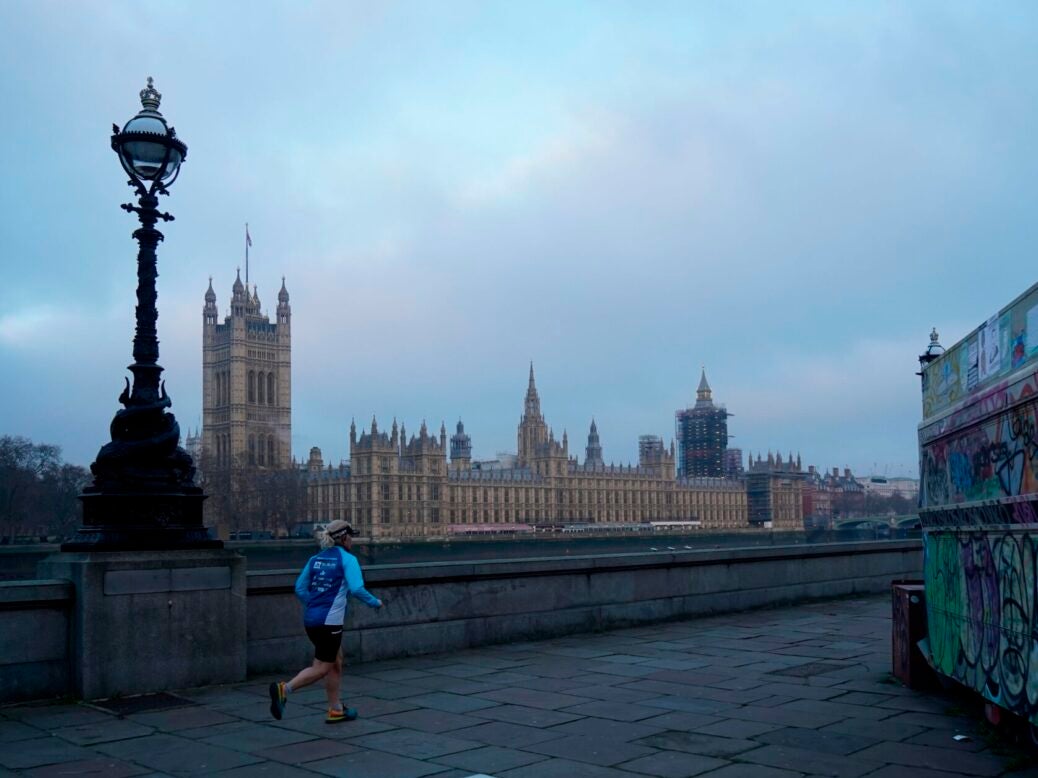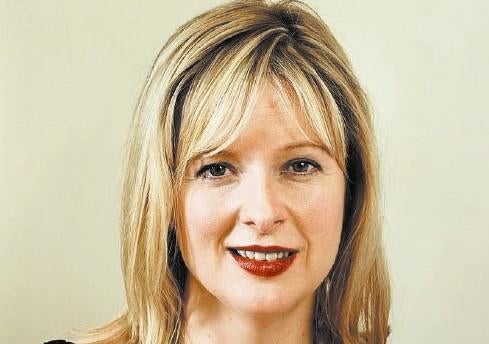
The UK’s news landscape could fracture “irreparably” in the next five to ten years with “grim” implications, a new Parliamentary report has warned.
The Future of News report from the House of Lords Communications and Digital Committee noted that although a “changing news landscape should not be conflated with its imminent demise”, many media publishers will not survive the new dynamics.
The report made recommendations for action that could help stave off some of the challenges, ranging from firmer action on AI copyright theft to the creation of news “accelerators” and tax breaks for local journalism.
Without action, and potentially with it, the committee warned there is “a realistic possibility” that the UK will see the emergence of a “two-tier media environment” in which a minority of the population is well-served by high-quality, paywalled news while the rest are left with low-quality free information.
“There is a realistic possibility of the UK’s news environment fracturing irreparably along social, regional and economic lines within the next 5–10 years. The implications for our society and democracy would be grim.”
The committee said that this “is not a hypothetical worry: the contours of this scenario are already apparent.
“If current trends continue, the gap between those consuming professional journalism and those who do not will widen at pace. There is a realistic possibility of the UK’s news environment fracturing irreparably along social, regional and economic lines within the next five to ten years.”
The committee said it did not believe any silver bullet solutions exist for these problems and that “much of the work needs to be led by industry itself”.
But the role of the Government, it found, should be “to establish the conditions that enable the sector to stand on its own feet and survive a protracted period of technological turbulence”.
Lord Communications and Digital Committee calls for urgent creation of UK AI regime that protects publisher copyright
Among its recommendations, the Lords report said the Government needs to rapidly develop an artificial intelligence regime that encourages innovation without fatally compromising publisher copyright.
Good economic and security reasons for encouraging AI training in the UK, they wrote, did not mean the Government “should pursue rules that primarily benefit foreign tech firms (who seem prepared to pay vast sums on energy, computing facilities and staff—but not on data)…
“Previous efforts to find a solution have been weak and ineffectual.”
Any new regime on AI bots scraping publisher content to power their systems, it said, “must include transparency mechanisms that enable rights holders to check whether their data has been used”, backed up with “meaningful sanctions for non-compliance”.
But it warned against adopting “a flawed opt-out regime comparable to the version operating in the EU.
“Much better means for ensuring technical viability, transparency, consent and enforcement are needed for a new text and data mining regime to work to UK advantage.”
In February the committee said it was insufficient for the (then Conservative) government to “sit on its hands” and wait for issues around copyright and AI to be solved by years of case law.
Lords suggests expansion of search and social media regulation
The peers recommended as a priority that the Competition and Markets Authority should investigate any tech firms “leveraging dominance in one domain, notably internet search, to secure anti-competitive advantages in obtaining data for generative AI training”.
News Media Association chief executive Owen Meredith described this recommendation as “very timely, as the regulator considers which firms and services to prioritise under the new regime for digital markets”.
Similarly, the committee advised the Government to give Ofcom “the necessary powers to investigate tech firm recommender algorithms and the operations of large language models”.
Sudden changes to content recommendation algorithms, for example at Facebook, have significantly disrupted traffic and revenue at publishers in recent years, and some publishers have previously expressed concern that they have been made less visible on social media or in search because of their politics.
The committee also said they had been “disappointed” that the Labour government’s proposed changes to the media plurality regime did not go further.
“The decision to exclude online intermediaries [i.e. social media and search engines] looks oddly short-sighted given the rapid advances in tech firms’ ability to produce news summaries.
“We appreciate that tech firms are not newspapers but this does not mean their evolving role in the news landscape should be overlooked…
“The previous government’s years-long timeline for implementing vital changes has been inadequate,” they added, recommending the government commit to responding to future Ofcom priority recommendations on media plurality within a year.
GB News ‘needs to comply with the spirit’ of impartiality rules while Ofcom needs to be more transparent about its standards, lords say
Other recommendations included a “Future News catalyst scheme” modelled on start-up accelerators, action against legal action used to silence journalism, and tax breaks for hiring local journalists.
The report argued that the Government should consult on allowing a wider range of news providers to carry public notices, which are worth millions in revenue each year but can currently only be published in print newspapers. However it cautioned that using local government advertising to support the media “risks becoming a market distortion”.
And it recommended that the Government’s online advertising taskforce should “review the work and impact of brand safety organisations on news publisher revenue”, which publishers such as Unherd say have unjustifiably harmed their revenue.
On impartiality in television news, the peers said GB News “needs to comply with the spirit of the rules, not stretch them to breaking point”, advising Ofcom to carry out more detailed assessments of audience views on politicians serving as presenters on news channels.
But the peers added that public service broadcasters like the BBC “should reflect on why alternative providers are finding a following and how this relates to the way underserved communities are represented in their own news coverage”.
The committee also wrote that, although Ofcom’s leaders had said the regulator’s approach to impartiality had been clear, “we struggled to reconcile this with the evidence”.
“More transparency in future would help, particularly around the thresholds at which alternative interpretations of the rules might apply.”
GB News responded that it had raised concerns about Ofcom’s unclear approach to impartiality “repeatedly.”
The broadcaster also said: “We take our responsibilities under the Ofcom Broadcasting Code extremely seriously and remain committed to operating a comprehensive compliance regime. But we also strongly believe that this regime should be modern, fit for purpose and much clearer.
“It’s vital the Government establishes conditions to support honest, accurate and informative news which enables the UK media to stand on its own feet through sector-wide structural changes that drive innovation – whilst maintaining media independence.”
The report also warned against schemes that “risk overreach” such as a Government-endorsed kitemark for trusted news.
Sky News executive chairman David Rhodes, writing in The Telegraph, described this as “among its best recommendations… it would be a mistake for our industry to invite government in as an arbiter of our credibility.”
Email pged@pressgazette.co.uk to point out mistakes, provide story tips or send in a letter for publication on our "Letters Page" blog




